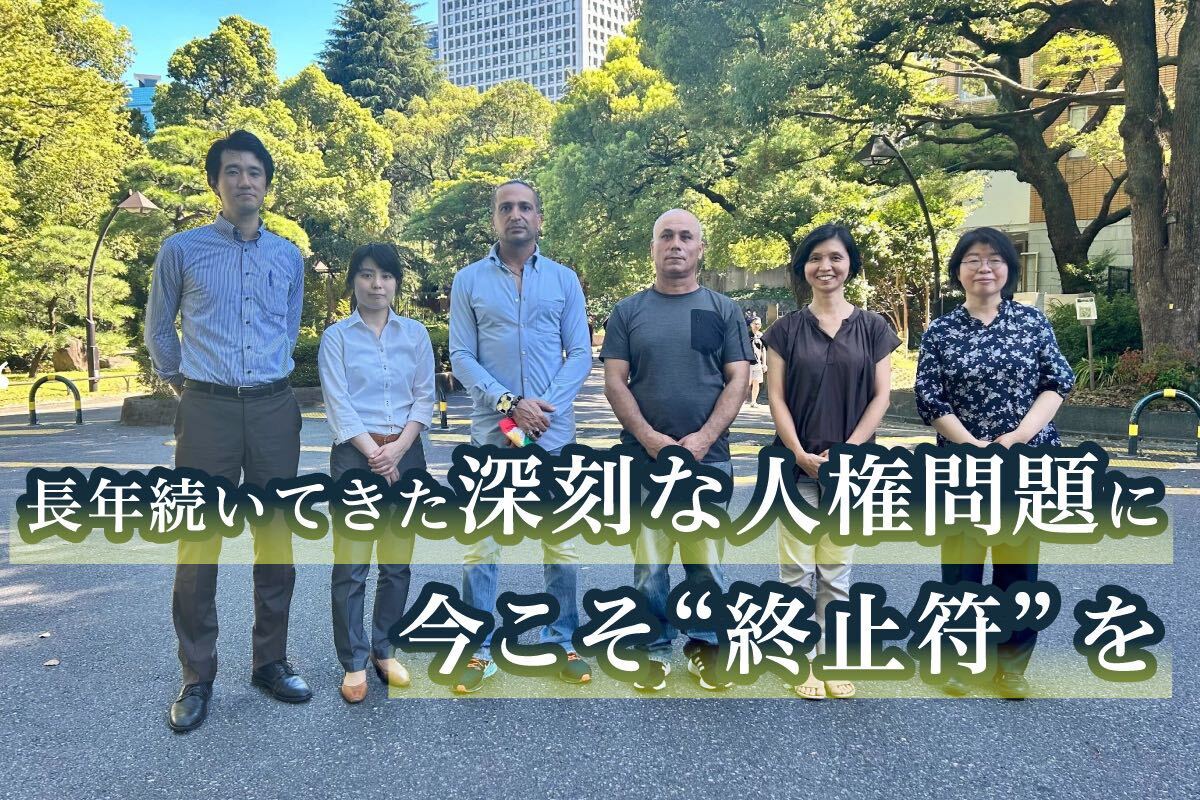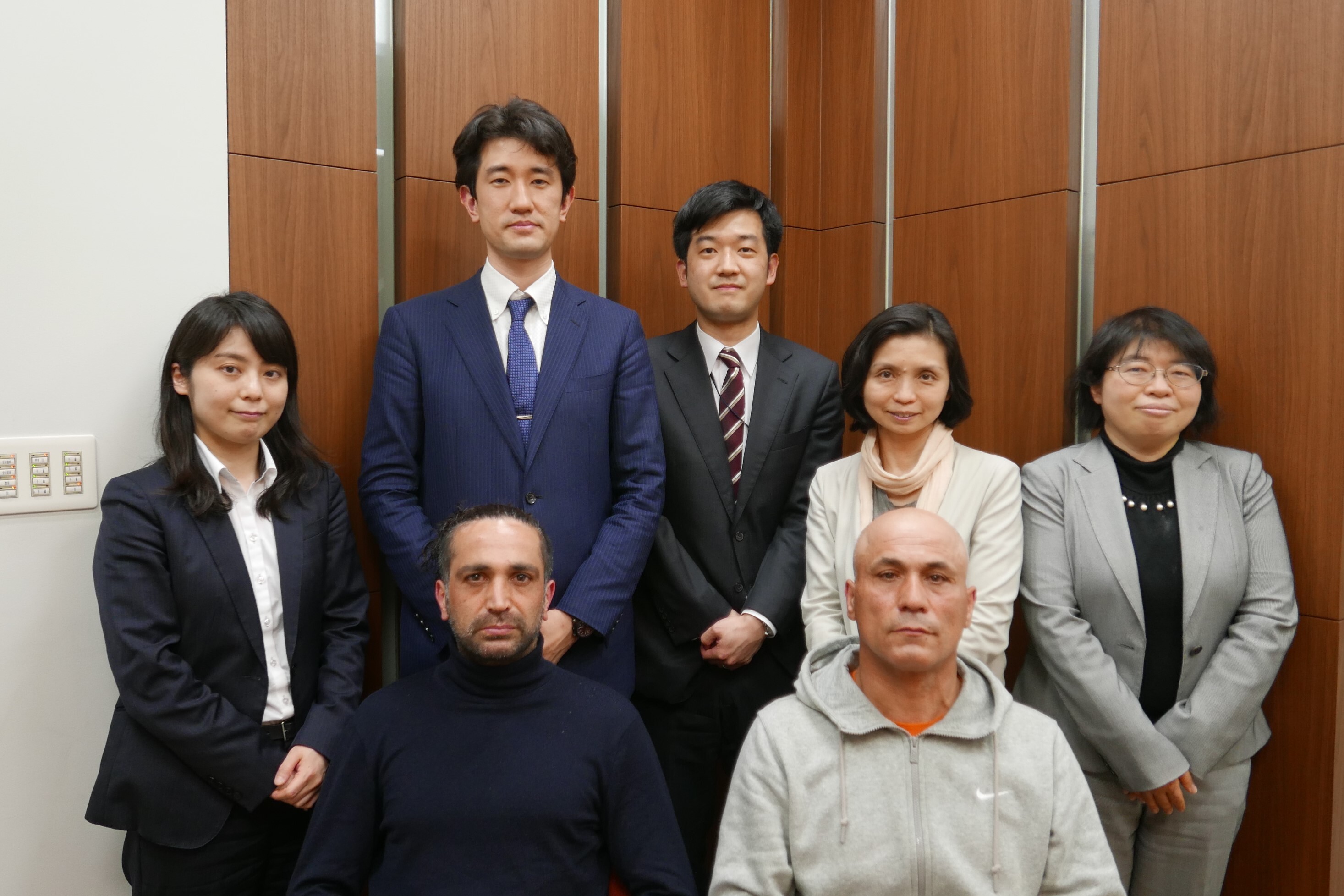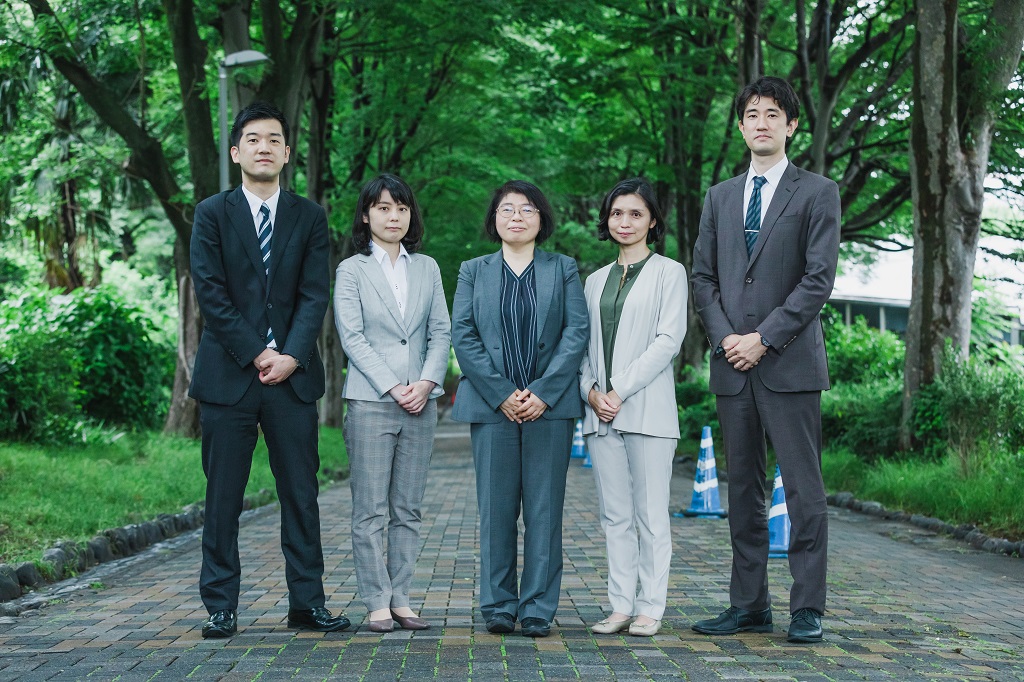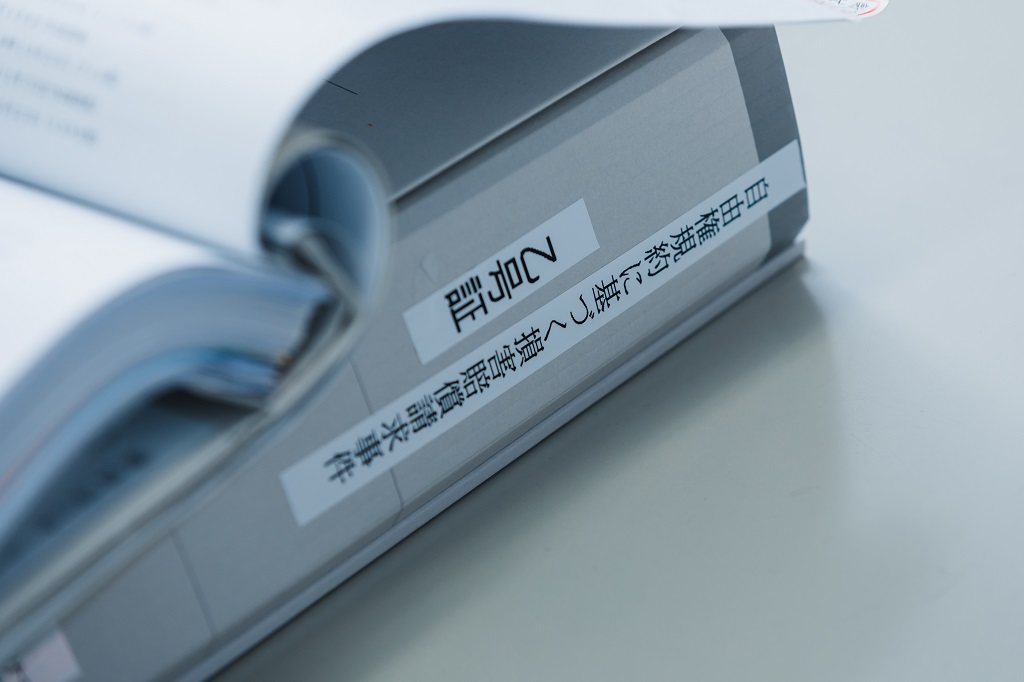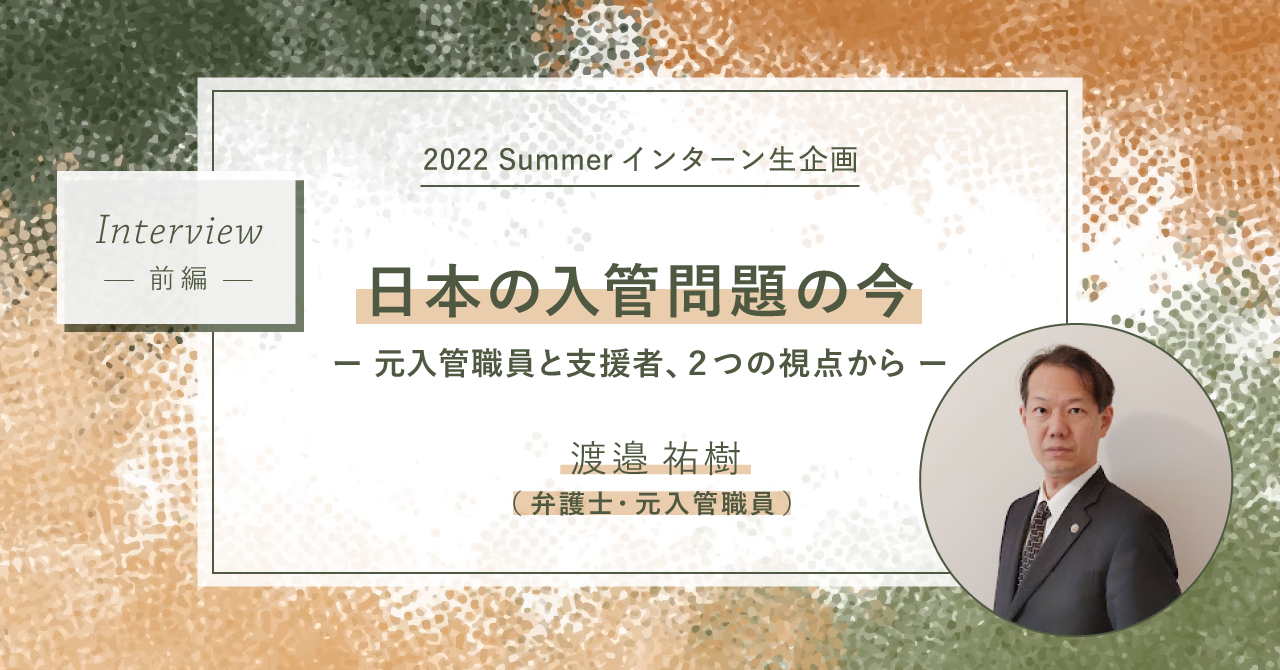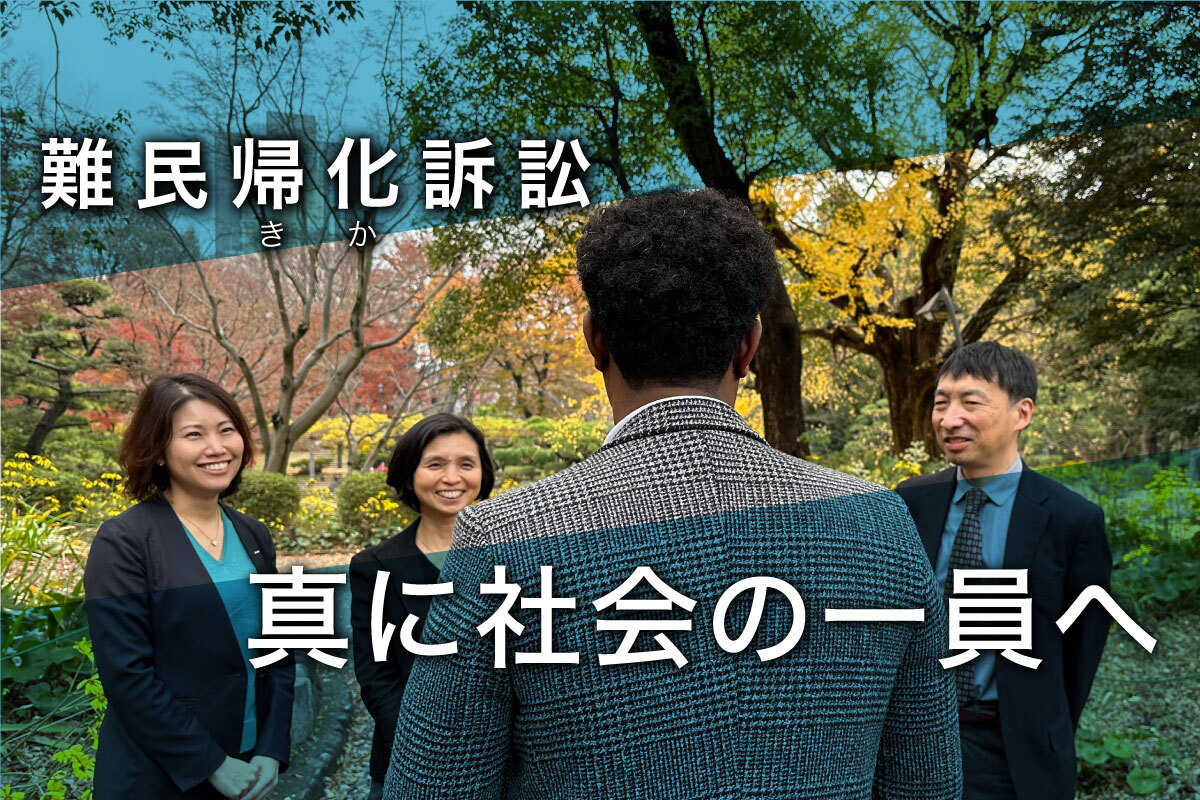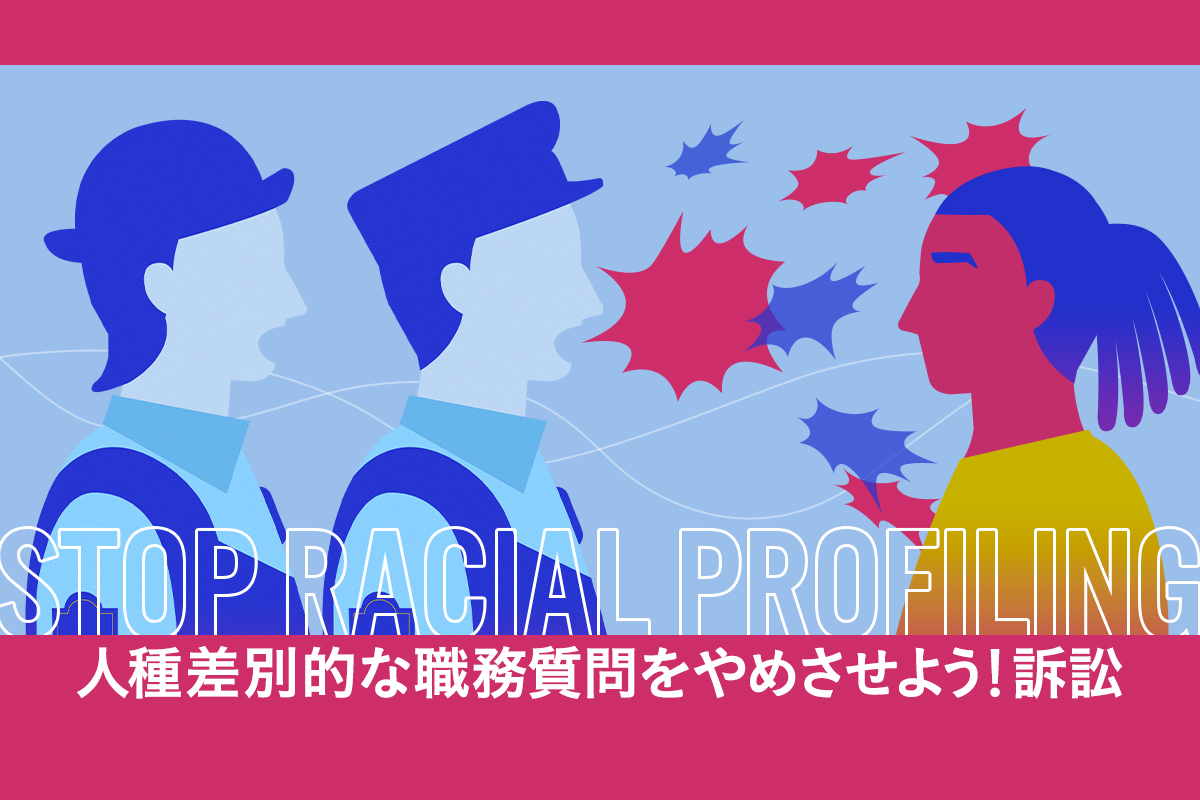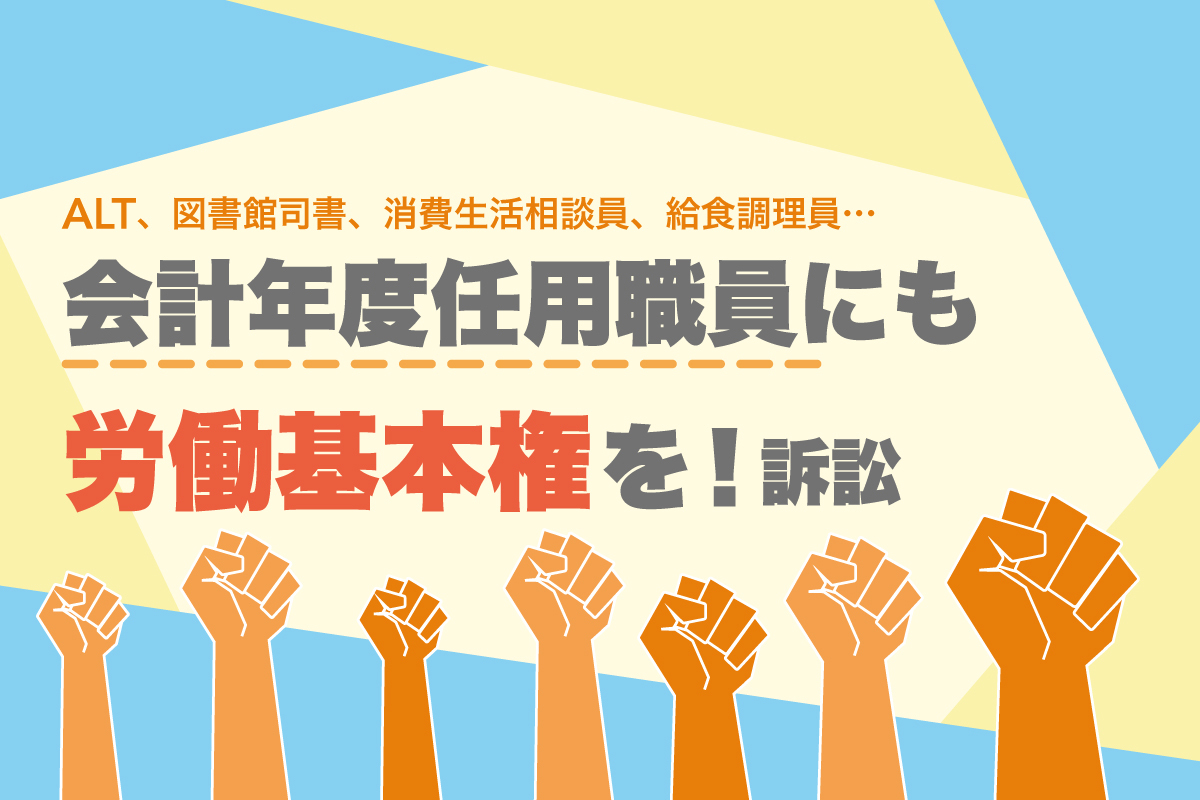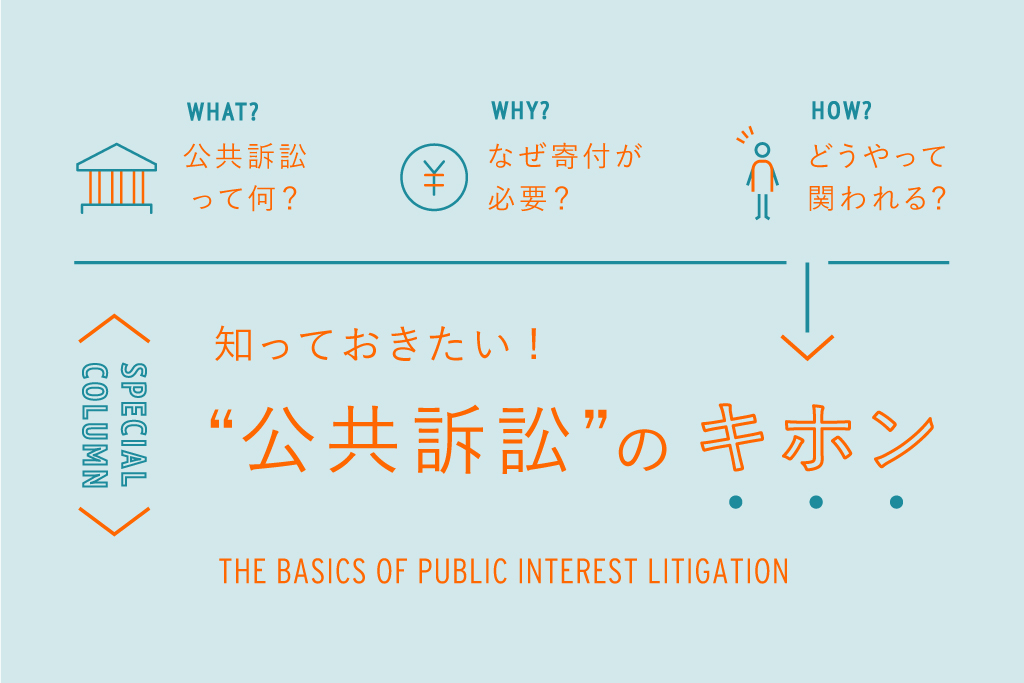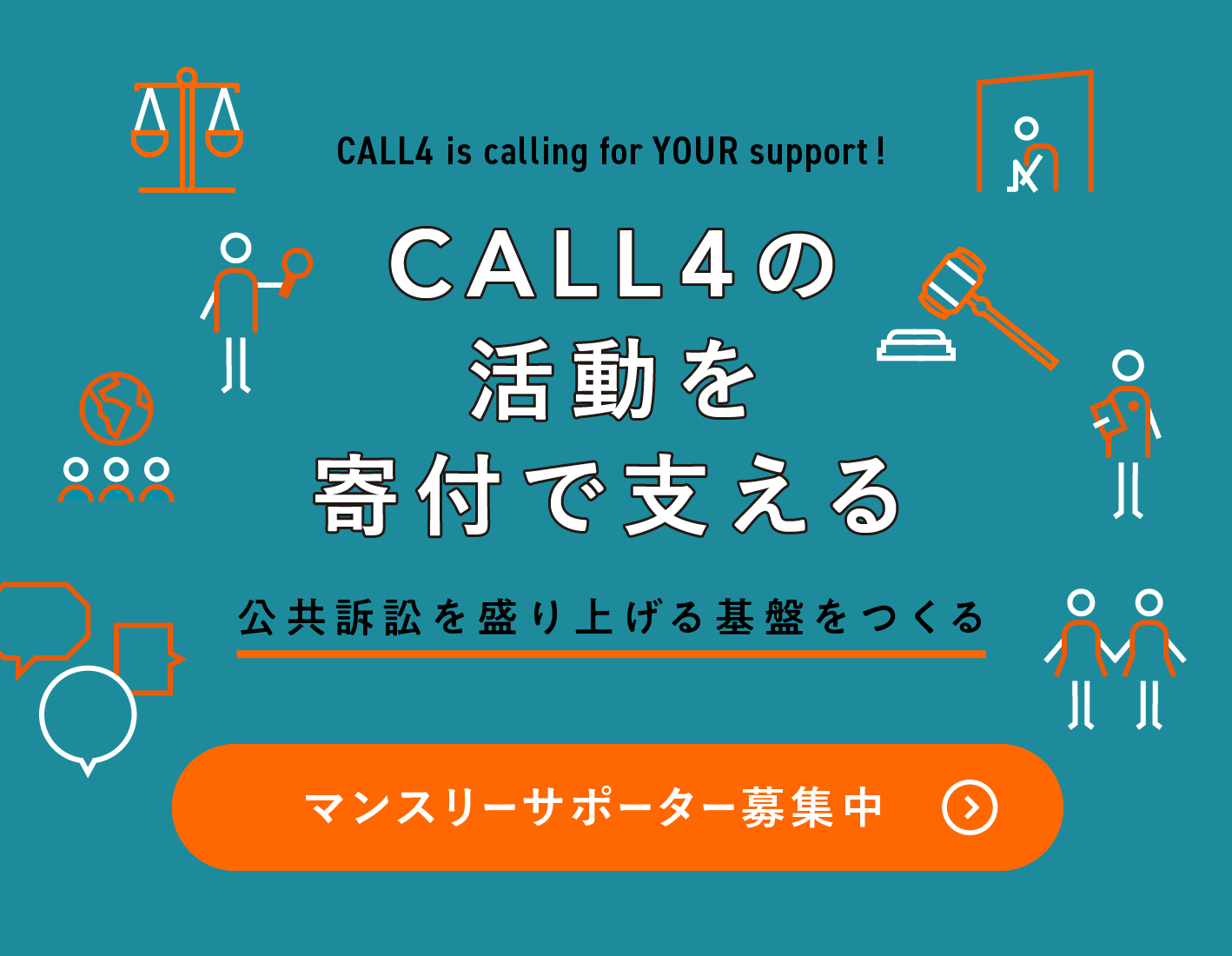<判決のご報告>
2025年6月17日、一部勝訴判決が言い渡されました。「進捗」のページに要旨をアップしましたのでご覧ください。
<目標達成のお礼>
2022年1月から始まった「日本の入管収容は国際人権法違反」訴訟につきまして、これまで多くの方の裁判傍聴とご寄付、応援のメッセージをいただきました。どれもが私たちの支えとなっており、皆様に心から感謝を申し上げます。おかげさまでネクスト・ステップであった200万円のご寄付をいただき、研究者の意見書や調査活動、通訳等に役立たせていただきました。2024年10月29日の期日には原告デニズさん、サファリさんの本人尋問を終え、いよいよ大詰めを迎えています。
引き続き皆様とともに裁判を進めてまいりたいと思いますので、ご支援のほどよろしくお願い申し上げます。
どのような事件か
今回の裁判は、原告のサファリさんとデニズさんに対してなされた入管収容が、自由権規約で禁止されている「恣意的拘禁」にあたり、違法だったことの確認と、違法な収容をした国に対して損害賠償を求める訴訟です。
イラン出身のサファリさんとトルコ出身クルド人のデニズさんは、難民申請をしても難民として認められておらず、今も在留資格がありません。入管はこれを理由として2人を収容し、彼らは2016年以降、3年半以上もの間、自由を奪われた生活を送ることになりました。
2016年 デニズさんは5月から、サファリさんは6月から、入管に収容される
2019年6月頃 ハンガーストライキを実施
2019年7月~ 2週間仮放免を繰り返される
2019年10月 国連恣意的拘禁作業部会に対して通報する (デニズさんは2020年3月から、サファリさんは2020年4月から現在まで仮放免中)
2020年9月 作業部会は「恣意的拘禁に当たり、自由権規約等に違反する」と発表
2022年1月 日本の入管制度は国際人権規約に反するとして国に対し提訴
2人は2016年以降、入管から無期限で収容されました。その結果、家族や友人と会ったり、外に出掛けたり、みんなで食事をしたり、電話やインターネットをしたり、という当たり前のことが、自由にできなくなりました。さらに、収容期限の上限がないため、いつまで収容されるのかわからないという出口のないトンネルにいるような、不安と絶望で苦しい日々を過ごしました。
入管収容に対しては、「仮放免」という保証金を納めて釈放される制度があり、ふたりは収容後、何度も仮放免を申請しましたが、認められませんでした。
2019年6月に、大村入国管理センターでナイジェリア国籍の男性が餓死したのをきっかけに、入管収容施設では、ハンガーストライキ/絶食が広まりました。ふたりも過酷な収容によって心を追い詰められ、絶食しました。ところが入管は、ふたりを含めた、絶食した一部の収容者に対して、まるで見せしめのように、2週間前後の短期間だけ、仮放免を許可して釈放し、2週間後にまた収容する、という運用を始めました。ようやく外に出られたのも束の間、2週間後にはまた出口の見えない収容に戻される、という恐怖から、ふたりは精神を深く傷つけられました。仮放免中の現在も、ふたりは収容による心の後遺症に苦しんでいます。
ふたりは、こうした入管の非人道的な行為について、国際社会に助けを求めることにし、2019年10月、国連恣意的拘禁作業部会に対して通報しました。その結果、同作業部会は、ふたりの通報に対して「2人に対する収容は恣意的拘禁に当たり、自由権規約等に違反する」という意見を発表しました。
今回、ふたりは、日本の裁判所に提訴することで、国連恣意的拘禁作業部会でも指摘されたように、ふたりに対する入管収容が自由権規約で禁止されている「恣意的拘禁」にあたり違法であったことの確認と、違法な収容をした国に対する損害賠償請求を行い、日本の入管収容のあり方の変革を目指します。
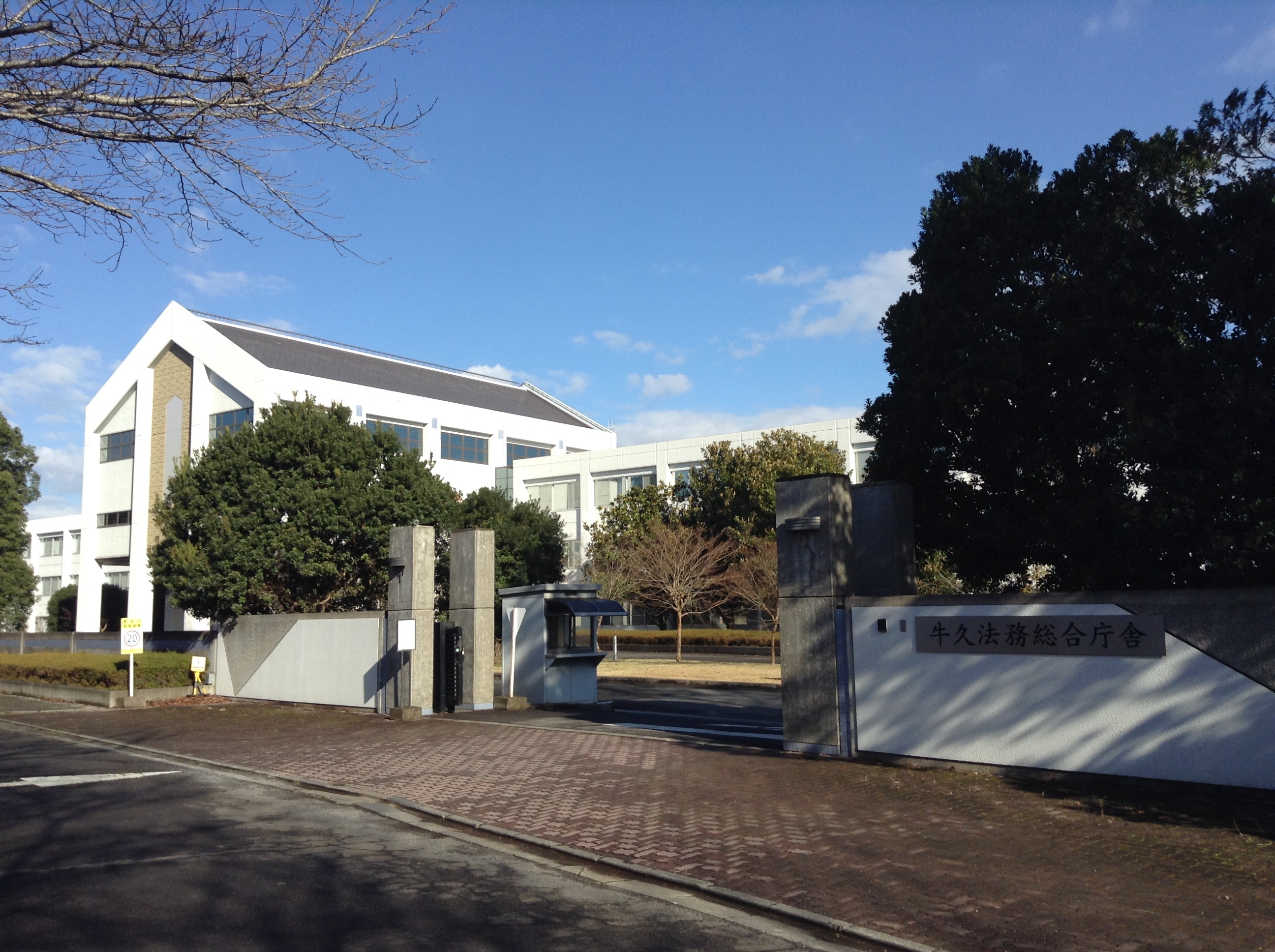
問題の所在
1 恣意的な収容、無期限収容の問題
原告のサファリさんとデニズさんに対して、必要性、合理性、比例性のない「恣意的拘禁」がなされた点に問題があります。
人は誰でも、自由が原則であり、権利です。特に、身体を拘束されない自由は、人の生活にとって最も重要な権利の一つで、これを恣意的・無期限に奪われれば、サファリさんやデニズさんが被ったように、大変な苦痛や絶望を強いられることになります。外国籍で、在留資格がないからという理由で、何年も収容するのは間違っています。
日本が1979年に批准(その条約に拘束されると合意すること)した自由権規約9条1項は、「すべての者は、身体の自由及び安全についての権利を有する。何人も、恣意的に逮捕され又は抑留されない」と定めており、必要性や合理性、比例性を欠く「恣意的拘禁」を禁止しています。
原告のふたりは、 難民申請中で、逃げ隠れするおそれはありません。
デニズさんは日本人と結婚し、10年以上にわたって苦楽を共にしてきました。デニズさんの妻は、デニズさんがどれだけ長い期間収容されても寄り添い続けてきました。
日本語が達者で心優しいサファリさんには、多くの日本人の友人がおり、皆が、サファリさんが安心して日本で暮らせる日を心待ちにしています。 私たちは、そのような2人に対する前述のような入管収容が、必要性や合理性、比例性のない「恣意的拘禁」に当たるため、自由権規約に反すると訴えています。
2 入管法やその運用について
入管法に収容の要件や期間の上限、司法審査の手続が定められていないため、入管が独自の方針で収容を行うことができる運用は、必要のない収容や、収容期間の長期化などに繋がり、問題があります。
現在の出入国管理及び難民認定法(入管法)は、在留資格がない外国籍の人に対し、退去強制令書(強制送還を行う令書)を発付した後は、「送還可能のときまで」収容することができると定めています(52条5項)。そのため入管は、裁判所の判断を経ることなく、無期限に、外国籍の人を入管収容施設に収容しています。
収容された人は、「仮放免」が許可されれば外で生活することができますが、法務省入国管理局長が2018年に出した通達によって、収容に耐え難い傷病者でない限り仮放免を許可せずに収容を継続する、という運用が始まり、収容期間が全体的に長期化しました。前述のように、ハンガーストライキを行った人に対する見せしめのような仮放免・収容がなされたのも、入管法に収容の要件に関する定めがないために、入管が広い裁量によって仮放免や収容を運用していることに原因があります。
3 国連恣意的拘禁作業部会の意見に対する対応について
前述のとおり、入管法が入管収容について司法審査を定めていないため、入管の広い裁量によって収容が続けられてきました。収容を争う途は限定されているため、原告2名は、国連の恣意的拘禁作業部会に助けを求め、それが認められました。 しかし、同作業部会から、ふたりに対する入管収容は自由権規約に違反するという意見が出された後も、国は責任を認めようとせず、賠償もしていません。
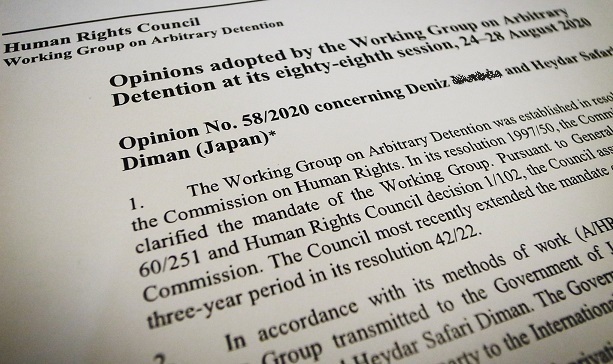
原告が立ち上がった経緯
サファリさんとデニズさんは、今日も、難民として認定されるのを待ちながら、不自由な仮放免生活のままで、長期収容で受けた心身の苦痛に耐えています。国連が違法と判断した収容の犠牲者に対して、国は、一切謝罪することなく、何らの賠償も、収容で受けた心身の傷の治療費の負担もしようとしないのです。
そして現在も、ふたりのように、長期収容に苦しんでいる人々や、仮放免生活の中で長期収容の悪夢や爪痕に苦しみ続けている人々がいます。入管を相手にアクションを起こすことは勇気のいることです。しかし、サファリさんとデニズさんは、自分のためだけではなく、虐げられている多くの人のために立ち上がり、この訴訟を提起することを決意しました。
訴訟を通して実現したいこと
「サファリさんとデニズさんに対する入管収容が自由権規約に違反する」という意見は、すでに国連恣意的拘禁作業部会から出されています。
在留資格がないというだけで、必要性、合理性、比例性のない恣意的な収容を入管が続けてきたのは、日本に住む私たちの問題でもあります。私たちは、さらに日本の裁判所でも、日本の入管収容が自由権規約に違反していることを確認することで、社会により広く、入管法と入管収容の運用を変えなければならないと訴えたいと思っています。
それとともに、国には、長期間収容されて心身共に傷ついた人々に対して、賠償をして償うという、当たり前のことをしてほしいと思います。
資金の使途
訴訟提起のための印紙、切手代
研究者、専門家の意見書作成費用 交通費、通信費、コピー代など
通訳・翻訳費用
会場使用料
※上記費用に計上した上でお金が余った場合には、弁護士費用に充てさせていただきたいと思います。
※2023年8月に第一目標であった100万円を達成いたしました。さらに充実した訴訟活動を行うため、ネクスト・ステップとして200万円を目指しています。ご協力の程お願いいたします。
担当弁護士のメッセージ
入管の長期収容問題はこれまでも深刻でしたが、2019年に入管収容施設でハンガーストライキ/絶食が広まった後の、2週間仮放免と再収容という扱いは、あまりに非人道的で、許しがたいものでした。それをきっかけに、国連恣意的拘禁作業部会への通報を行うことにしましたが、さらに根本的な問題である、無条件、無期限、司法審査のない収容という問題を、正面から問うことにしました。
この裁判では、自由権規約9条1項(恣意的拘禁の禁止)と、9条4項(拘禁にあたって司法審査を受ける権利)という、国際人権条約を法的な根拠として主張しています。
日本では、残念ながら国際人権条約があまり浸透しておらず、政府は国連の条約に基づく審査で勧告が出ても、無視してきました。入管収容問題についても、これまで自由権規約委員会や拷問禁止委員会、人種差別撤廃委員会から、問題点を指摘されてきましたが、日本政府は全く耳を傾けてきませんでした。
私たちは、日本の入管収容が国際人権条約に違反することを日本の裁判所でも明らかにすることで、入管収容はもちろん、様々な人権問題について、日本政府が国連機関の指摘を尊重し、国際人権条約に沿った対応がなされるようにしたいと考えています。
担当弁護士の紹介
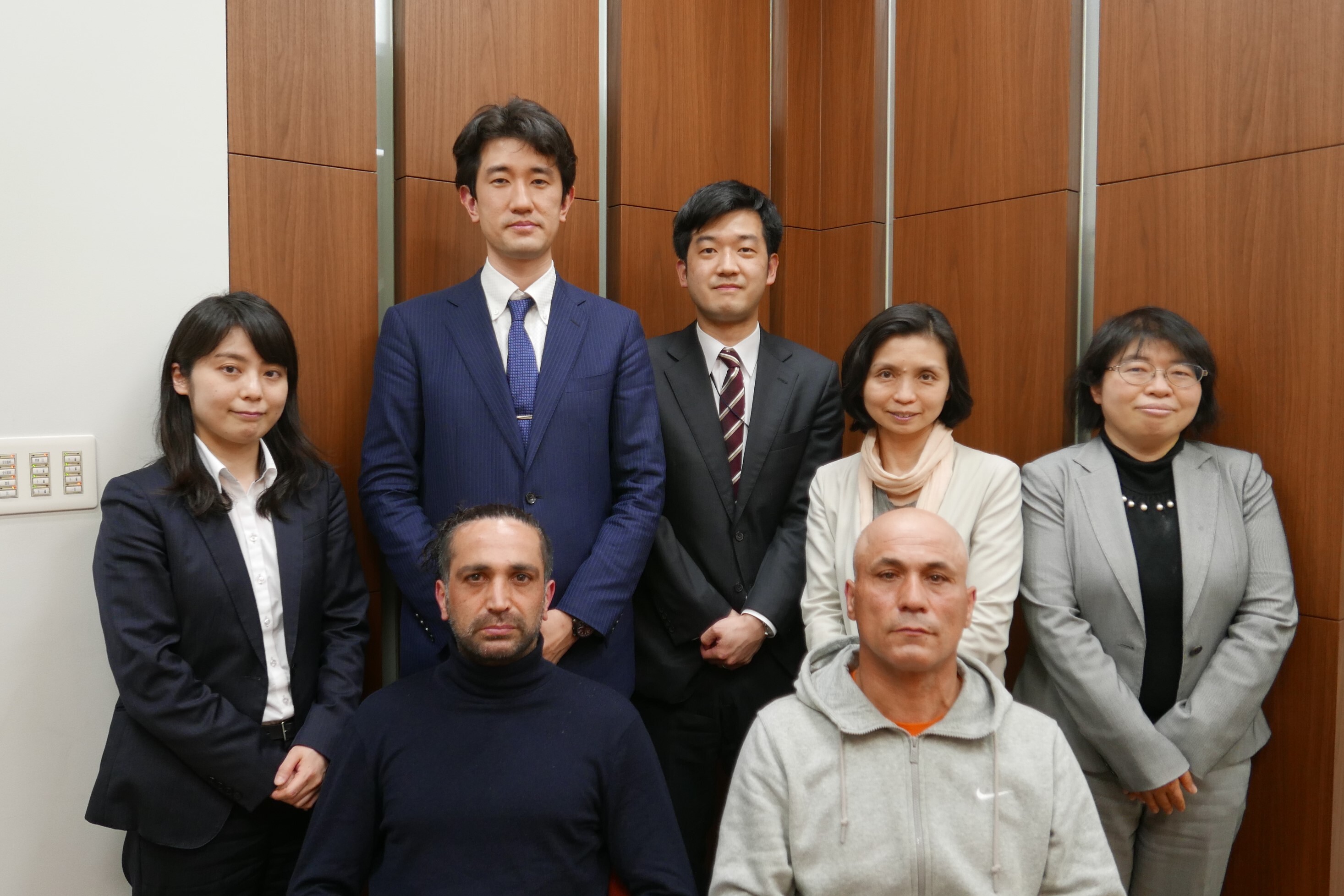
▲担当弁護士と、原告のデニズさん、サファリさん
浦城知子・東京弁護士会・信和法律事務所
小川隆太郎・東京弁護士会・東京共同法律事務所
駒井知会・東京弁護士会・マイルストーン総合法律事務所
鈴木雅子・東京弁護士会・いずみ橋法律事務所
岡本翔太・東京弁護士会・翔栄法律事務所
髙田俊亮・第二東京弁護士会・あさひ法律事務所
私たちは、難民事件をはじめとする外国籍の方々の人権問題に取り組んでいます。人権に国境はないという信念の下、国際人権条約を日本の裁判に活かしたいと思っています。
入管収容問題はここ数年で、社会から注目されるトピックになりました。 入管収容の国際人権条約違反を正面から問う今回の訴訟に、ご支援いただければ幸いです。
*Translated by Google translate
<Judgment Report>
On June 17, 2025, a partial victory judgment was delivered. A summary has been uploaded to the "Progress" page—please take a look.
<Thank you for your support>
In regards to the lawsuit "Japan's immigration detention violates international human rights law," which began in January 2022, we have received many people's support, donations, and messages of support. All of these have supported us, and we would like to express our sincere gratitude to everyone. Thanks to you, we received a donation of 2 million yen, which was the next step, and we have been able to use it for researchers' opinions, research activities, interpretation, etc. On the hearing date of October 29, 2024, the plaintiffs Deniz and Safari will have their personal examinations completed, and the case is finally reaching its climax.
We would like to continue working with you on the trial, and we appreciate your continued support.
What was the incident like?
The current lawsuit seeks confirmation that the immigration detention of the plaintiffs, Safari and Deniz, constituted "arbitrary detention" prohibited by the International Covenant on Civil and Political Rights, and was therefore illegal, and seeks compensation for damages from the country that carried out the illegal detention.
Safari, originally from Iran, and Deniz, a Kurdish man from Turkey, were not recognized as refugees despite their applications, and still do not have residence status. Immigration Bureau used this reason to detain the two, and since 2016, they have been living a life deprived of their freedom for over three and a half years.
Deniz was detained by immigration authorities from May 2016 , and Safaree was detained from June 2016.
Hunger strike in June 2019
July 2019: Repeated two-week provisional releases
In October 2019, the two men reported the matter to the United Nations Working Group on Arbitrary Detention. (Denis has been on provisional release since March 2020, and Safari has been on provisional release since April 2020.)
In September 2020, the Working Group announced that the case constituted "arbitrary detention in violation of the International Covenant on Civil and Political Rights and other international treaties."
January 2022: Lawsuit filed against Japan claiming that its immigration system violates international human rights standards
Since 2016, the two have been detained indefinitely by the Immigration Bureau. As a result, they are no longer free to do normal things such as meet with family and friends, go out, eat meals together, or use the phone or the internet. Furthermore, because there is no limit on the detention period, they spent their days in agony, anxiety and despair, as if they were in a tunnel with no exit, not knowing how long they would be detained for.
There is a system in place for those detained by immigration bureaus that allows them to be released by paying a deposit called "provisional release." After their detention, the two applied for provisional release many times, but their applications were denied.
In June 2019, a Nigerian man died of starvation at the Omura Immigration Center, sparking hunger strikes and fasting in immigration detention facilities. The two men were driven to the brink by the harsh detention and decided to fast. However, the Immigration Bureau began granting provisional release to some of the detainees who had fasted, including the two men, for a short period of around two weeks, as if to make an example of others, and then detaining them again after two weeks. The fear that they would finally be able to get out was so short-lived that in two weeks they would be returned to detention with no way out again deeply traumatized the two men. Even now, while on provisional release, they are suffering from the psychological aftereffects of detention.
The couple decided to seek help from the international community about these inhumane acts by immigration authorities, and reported the matter to the United Nations Working Group on Arbitrary Detention in October 2019. As a result, the Working Group issued an opinion in response to their report stating that "the detention of the two individuals constitutes arbitrary detention and violates the International Covenant on Civil and Political Rights, etc."
By filing a lawsuit in a Japanese court, the two men hope to have their immigration detention confirmed as illegal and amounting to "arbitrary detention" prohibited by the International Covenant on Civil and Political Rights, as pointed out by the UN Working Group on Arbitrary Detention, and to seek compensation from the country that carried out the illegal detention, thereby seeking change in the way immigration detention is carried out in Japan.

Where is the problem?
1. The problem of arbitrary and indefinite detention
The problem lies in the fact that the plaintiffs, Safari and Deniz, were subjected to "arbitrary detention" that was not necessary, reasonable or proportional.
Freedom is a principle and a right for all people. In particular, freedom from physical restraint is one of the most important rights for human life, and if this right is arbitrarily and indefinitely taken away, people will be forced to endure terrible pain and despair, just as Safari and Deniz suffered. It is wrong to detain people for years simply because they have foreign nationality and no resident status.
Article 9, paragraph 1 of the International Covenant on Civil and Political Rights, which Japan ratified (agreeing to be bound by the treaty) in 1979, states that "Everyone has the right to liberty and security of person. No one shall be subjected to arbitrary arrest or detention," and prohibits "arbitrary detention" that lacks necessity, reasonableness, and proportionality.
The two plaintiffs are in the process of applying for refugee status and are not at risk of fleeing or hiding.
Deniz married a Japanese woman and has been with her for over 10 years, through thick and thin. His wife has always been by his side, no matter how long he has been held captive.
Safari, who is fluent in Japanese and kind-hearted, has many Japanese friends, all of whom look forward to the day when he can live in Japan with peace of mind. We are claiming that the immigration detention of these two people as described above constitutes "arbitrary detention" that is not necessary, reasonable, or proportional, and therefore violates the International Covenant on Civil and Political Rights.
2. Immigration law and its implementation
Because the Immigration Act does not stipulate the requirements for detention, the maximum period of detention, or the procedures for judicial review, the practice of allowing immigration bureaus to detain people according to their own policies is problematic as it can lead to unnecessary detention and prolonged detention periods.
The current Immigration Control and Refugee Recognition Act (Immigration Act) stipulates that after a deportation order (an order for forced deportation) is issued to a foreign national who does not have a status of residence, they may detain him/her "until the time of deportation is possible" (Article 52, Paragraph 5). Therefore, immigration authorities are detaining foreign nationals in immigration detention facilities indefinitely without going through a court decision.
Detained people can live outside if they are granted "provisional release," but following a notice issued by the Director-General of the Immigration Bureau of the Ministry of Justice in 2018, a new practice was introduced in which detention would not be granted for provisional release unless the detainee was injured or ill and could not endure detention, lengthening the overall detention period. As mentioned above, the reason why provisional release and detention were used as an example against people who went on hunger strikes is because the Immigration Bureau has broad discretion in granting provisional release and detention, as there are no provisions in the Immigration Control Act regarding the requirements for detention.
3. Response to the opinion of the UN Working Group on Arbitrary Detention
As mentioned above, the Immigration Control Act does not provide for judicial review of immigration detention, so immigration bureaus have continued to detain them at their broad discretion. As there are limited ways to challenge the detention, the two plaintiffs sought help from the UN Working Group on Arbitrary Detention, which was granted. However, even after the Working Group issued its opinion that the immigration detention of the two men violated the International Covenant on Civil and Political Rights, the government has refused to acknowledge responsibility or provide compensation.

How the plaintiffs came to power
Even today, Safari and Deniz are still living on provisional release and enduring the physical and mental pain they suffered during their long-term detention while waiting to be recognized as refugees. The government has not apologized to the victims of detention that the UN has deemed illegal, and has refused to provide any compensation or cover the medical costs for the physical and mental injuries they suffered during their detention.
Even today, like these two, there are people who are suffering in long-term detention, and those who continue to suffer the nightmares and scars of long-term detention while on provisional release. Taking action against the immigration bureau takes courage. However, Safari and Deniz decided to stand up not only for themselves, but for the many oppressed people out there, and filed this lawsuit.
What we want to achieve through this lawsuit
The United Nations Working Group on Arbitrary Detention has already issued an opinion that "the immigration detention of Safari and Deniz violates the International Covenant on Civil and Political Rights."
The fact that immigration authorities have continued to detain people arbitrarily, without necessity, rationality or proportionality, simply because they lack a resident status is also a problem for us living in Japan. By having a Japanese court confirm that Japan's immigration detention violates the International Covenant on Civil and Political Rights, we hope to appeal to society more broadly that immigration law and the operation of immigration detention must be changed.
At the same time, I would like the government to do the obvious thing, which is to provide compensation to those who were detained for long periods and suffered physical and mental harm.
Use of funds
Stamps and postage for filing lawsuits, expenses for researchers and experts preparing written opinions, transportation, communication, copying, etc., interpretation and translation expenses
Venue rental fee *If there is any money left over after accounting for the above expenses, we would like to use it for attorney's fees.
*We achieved our first goal of 1 million yen in August 2023. In order to further enhance our litigation activities, we are aiming for 2 million yen as the next step. We appreciate your cooperation.
Message from the lawyer in charge
The issue of long-term immigration detention has always been serious, but the two-week provisional release and re-detention following widespread hunger strikes and starvation in immigration detention facilities in 2019 was extremely inhumane and unforgivable. This prompted me to report the matter to the UN Working Group on Arbitrary Detention, but I also decided to directly question the more fundamental issue of unconditional, indefinite, and non-judicial detention.
In this lawsuit, the legal basis is being based on international human rights treaties, including Article 9, paragraph 1 of the International Covenant on Civil and Political Rights (prohibition of arbitrary detention) and Article 9, paragraph 4 of the International Covenant on Civil and Political Rights (right to judicial review of detention).
Unfortunately, international human rights treaties have not been widely adopted in Japan, and the government has ignored recommendations made in UN treaty-based reviews. The issue of immigration detention has also been pointed out as problematic by the Human Rights Committee, the Committee against Torture, and the Committee on the Elimination of Racial Discrimination, but the Japanese government has not listened at all.
By making it clear in a Japanese court that Japan's immigration detention violates international human rights treaties, we hope to ensure that the Japanese government respects the advice of UN agencies and deals with various human rights issues in line with international human rights treaties, including immigration detention.
Introduction of the lawyer in charge

▲The lawyer and the plaintiffs, Deniz and Safari
Tomoko Urashiro, Tokyo Bar Association, Shinwa Law Office Ryutaro Ogawa, Tokyo Bar Association, Tokyo Joint Law Office Tomokazu Komai, Tokyo Bar Association, Milestone General Law Office Masako Suzuki, Tokyo Bar Association, Izumibashi Law Office Shota Okamoto, Tokyo Bar Association, Shoei Law Office Shunsuke Takada, Second Tokyo Bar Association, Asahi Law Office
We are engaged in human rights issues of foreign nationals, including refugee cases. Based on the belief that human rights know no borders, we would like to apply international human rights treaties in Japanese court cases.
The issue of immigration detention has become a hot topic in society in recent years. We would appreciate your support for this lawsuit, which directly questions whether immigration detention is a violation of international human rights treaties.
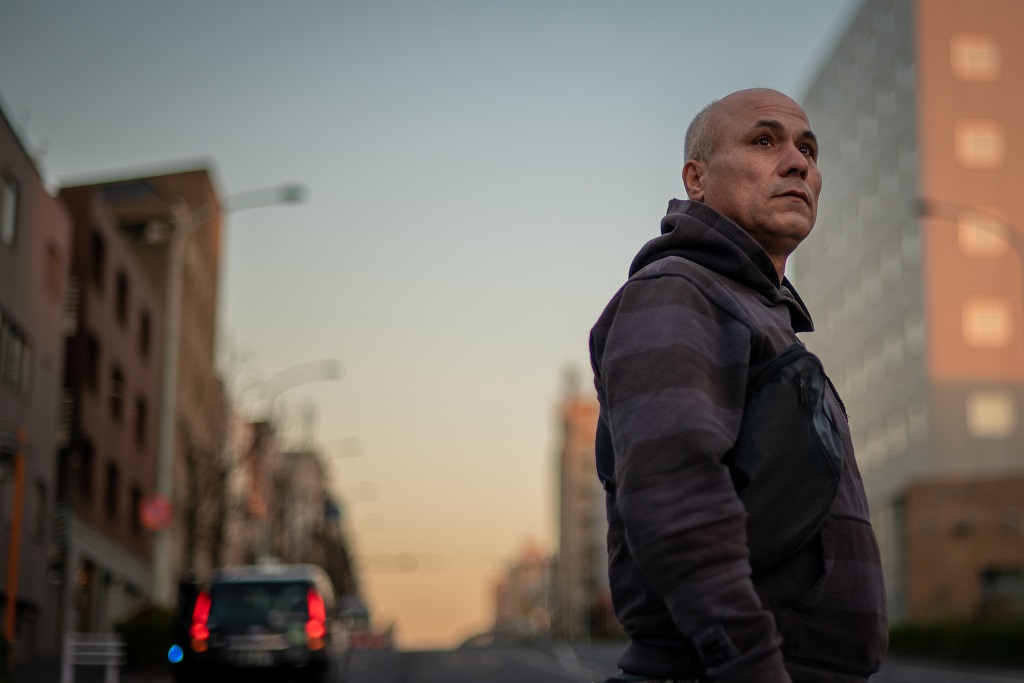
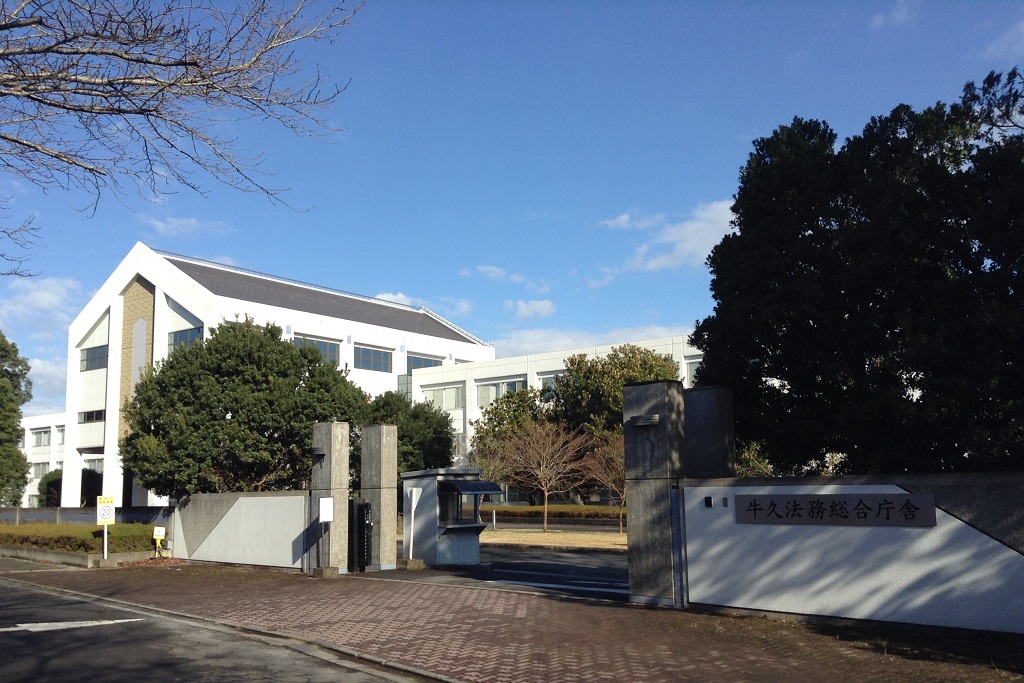 2023. 2. 28自分の国に帰れないから、助けてとお願いしている。ただそれだけで、同じ人間だから難民申請中のイラン国籍のサファリさんと、彼を支える駒井弁護士のストーリー2023. 2. 28続きはこちら Read the Full Story
2023. 2. 28自分の国に帰れないから、助けてとお願いしている。ただそれだけで、同じ人間だから難民申請中のイラン国籍のサファリさんと、彼を支える駒井弁護士のストーリー2023. 2. 28続きはこちら Read the Full Story
 2023. 2. 28I am asking for help because it’s impossible for me to return to my home country. That’s the only thing that differentiates me from you as a human being.Story of a refugee from Iran, Safari, and his lawyer, Ms. Komai2023. 2. 28続きはこちら Read the Full Story
2023. 2. 28I am asking for help because it’s impossible for me to return to my home country. That’s the only thing that differentiates me from you as a human being.Story of a refugee from Iran, Safari, and his lawyer, Ms. Komai2023. 2. 28続きはこちら Read the Full Story